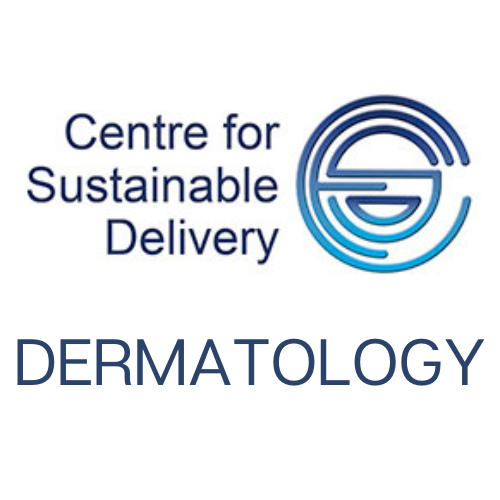Alopecia may be scarring or non-scarring, localised or diffuse, inflamed or non-inflamed
Diffuse non-scarring
- Physiological: normal ageing process
- Female pattern hair loss (FPHL)- thinning over crown
- Telogen effluvium/ excessive shedding occurs three–four months after pregnancy/ other major event
- May be component of polycystic ovarian disease in young women
- Consider any new medications

Localised non-scarring
- Alopecia areata
- Patchy hair loss with exclamation mark hair

Diffuse inflamed non-scarring
- Consider seborrhoeic dermatitis or psoriasis (may also rarely cause scarring)
Localised inflamed non-scarring
- Consider tinea infection (may also cause scarring)
- Consider psoriasis or seborrhoeic dermatitis

Scarring
- Loss of hair follicles with or without inflammation and accompanied by scarring
- Local or diffuse
- Causes include: Lichen planus



